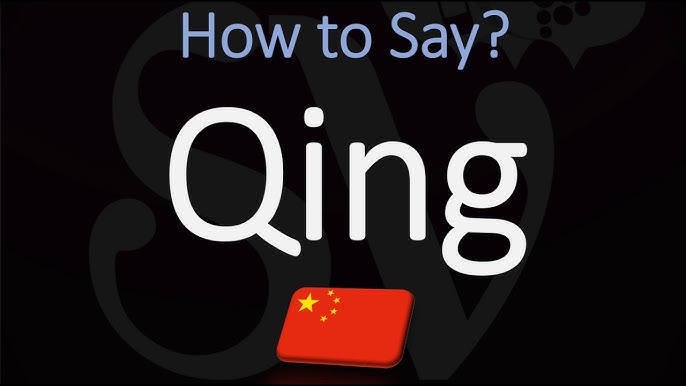Alright, folks, let’s talk about saying “qing”. Yeah, that one. Sounds simple, but man, it can really twist your tongue if you’re not used to it. I see a lot of people mess this one up, and honestly, I get it. I was there.

My Grind with ‘Qing’
I really, and I mean really, wrestled with this “qing” sound for ages. It wasn’t just some casual thing, like, “Oh, I’ll get it eventually.” Nah. There was this one time, years ago, I was trying to connect with my partner’s grandma. Sweet old lady, sharp as a tack, but she primarily spoke her local dialect and a very, very clear Mandarin. And me, with my clumsy attempts at speaking, I just couldn’t get through sometimes. Especially with words that had “qing” in them. Asking for ‘qing shui’ (clear water) or trying to say ‘qing chu’ (clear, understand) – I’d just get this blank stare. Or sometimes a little chuckle. It was brutal. You feel like a toddler all over again, you know?
So, ‘qing’ became my nemesis. My Mount Everest. I had this old set of language CDs – remember those? I’d listen to the native speaker say ‘qing, qing, qing’ over and over. I’d sit in my car, shouting ‘qing!’ at the dashboard. I even tried recording myself, and boy, that was a humbling experience. Sounded nothing like the CD. My tongue just wouldn’t do the thing. I kept making it too heavy, like the English ‘ch’ in ‘cheese’, or I’d try to sneak a ‘w’ in there, like ‘kwing’. Total garbage.
I spent weeks, no joke, just on this. My partner thought I was nuts. I’d be muttering ‘qing, qing, qing’ while making dinner. The big problem, I think, was that I was trying to find an exact match in English, and there just isn’t one. And all the books would say, “place the tip of your tongue behind your lower teeth and arch the front of your tongue…” Yeah, okay, easy for you to say, Mr. Textbook Author. Try telling that to my stubborn English-speaking tongue.
What finally kinda unlocked it for me wasn’t some magic trick. It was just… stopping. Stopping trying so hard. I started listening more to how little kids said it, how relaxed it sounded. It wasn’t this big, forceful explosion of air I was making it out to be. It was lighter. And that ‘i’ sound before the ‘ng’ is crucial. It’s not just a flat ‘qng’.
So, after all that struggle, here’s what I tell people now, based on my own hard knocks:

- First things first: It’s NOT the ‘ch’ from ‘church’. Get that out of your head. And it’s not ‘kw’. Please, no ‘kw’.
- Think light and airy. Imagine you’re saying ‘ts’ like in ‘cats’, but then you make it a bit more… I dunno, breathy? And the spot in your mouth is further forward than you think, with the blade of your tongue, not the very tip curled up. It’s almost like you’re starting to say ‘ch’ but you stop it from being so harsh and pull your tongue back a tiny bit flatter.
- That ‘i’ in ‘ing’ is your friend. Don’t swallow it. It’s like ‘chee-ng’ but that ‘ch’ part is that special, lighter ‘q’ sound. So, ‘q-ee-ng’. The ‘ee’ helps position your tongue correctly for the ‘ng’ that follows.
- Practice slowly. Seriously. Say it super slow. Feel where your tongue is. Then speed it up. Don’t just blast through it hoping for the best.
It took me an embarrassingly long time to get even halfway decent at it. And even now, if I’m tired or not paying attention, I can slip. But yeah, that’s my journey with “qing”. A simple sound that caused a whole lot of fuss for me. So if you’re struggling, you’re not alone. Just keep at it, and maybe don’t try to impress any grandmas until you’ve got it mostly down. Trust me on that one.
